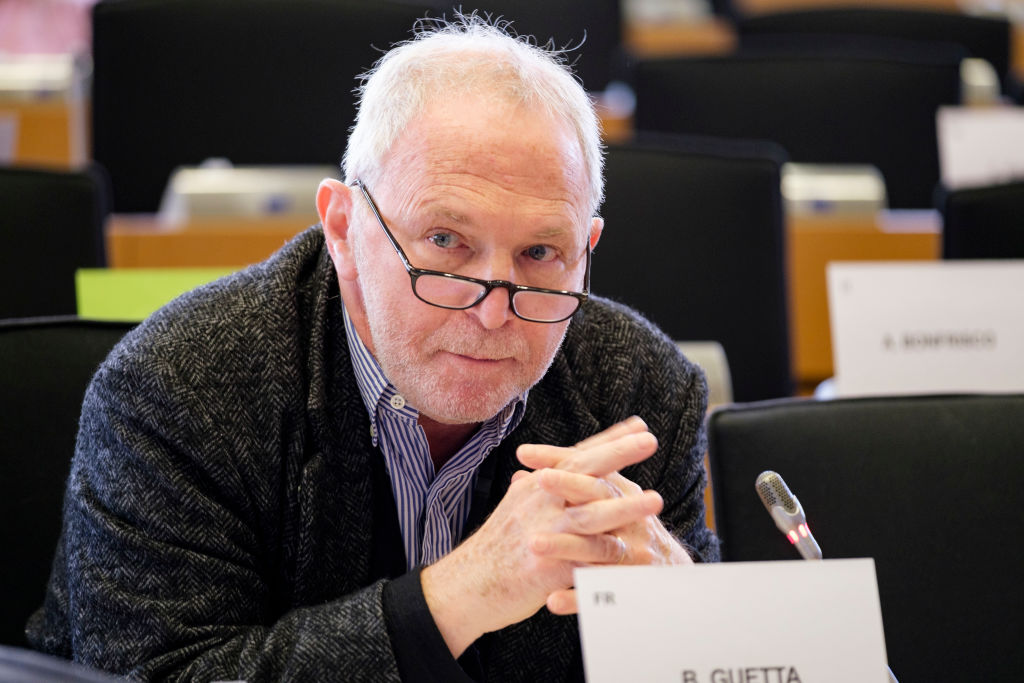EU pensioners destined for poverty? Pension funds are stretched thin as Europe’s population ages, fertility rates fall, and fewer workers are left to support a growing number of retirees. Many experts now warn that unless radical reforms happen soon, Europe’s future pensioners could face old age in poverty.
In this video, we explain how Europe’s pension model works, why it’s breaking down, and what can be done to fix it. From France’s stalled reform efforts to Denmark’s push to raise the retirement age to 70, every country is grappling with the same question: if we live longer, should we all work longer too? That idea seems logical until you look closer. Longer life expectancy doesn’t always mean longer healthy years, and not every worker can stay in the labour force into their late sixties.
Meanwhile, pay-as-you-go pension systems, where current workers fund current retirees, are being stretched to the limit. Some nations, like the Netherlands and Sweden, have built hybrid systems combining public and private savings.
Others, including France, Italy, and Greece, still rely heavily on public schemes that are no longer financially sustainable. If Europe can’t adapt its pension systems to today’s demographic realities, millions of people who are working now could face old age without adequate income or stability.





